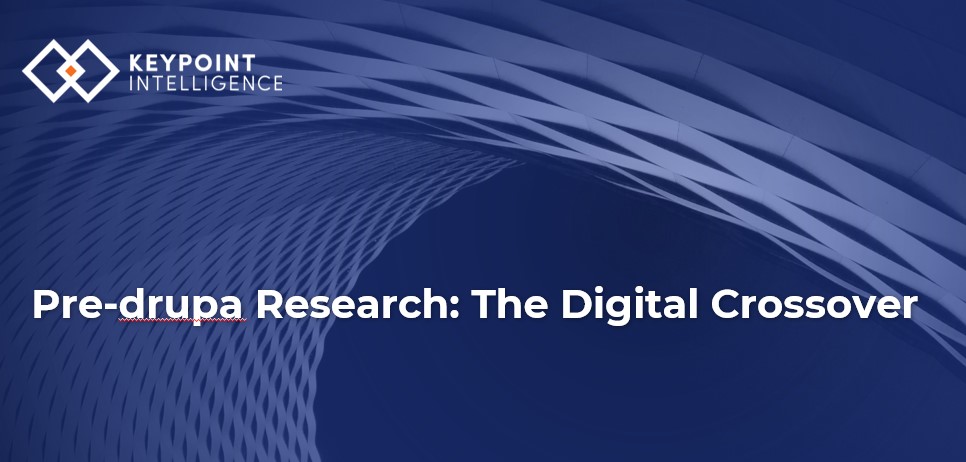15 May 2013
E-Cigarettes and Alcohol
E-Cigarettes and Alcohol
It is well established that smoking in the workplace is prohibited by law and that following this and wider smoking bans in society, many employees have sought to quit.
A relatively new method of kicking the habit is the 'E-cigarette'. This is not classed as 'smoking' as nothing is actually burned in the process, making them akin to nicotine inhalers with the addition of an inhalable water vapour through which the nicotine is delivered.
There is presently no legislation whatsoever to prevent an employee from using an E-cigarette in the workplace.
So does an employee have carte blanche to puff away on their E-cigarette all day?
The answer is no, not if the employer is against them doing so. The devices can certainly be subject to an employer's own policy on their usage.
So what then might be the reasons for restricting an employee from improving their health by quitting smoking via this method?
Essentially there are two reasons for implementing a policy restricting the use of the E-cigarette in the workplace. The first would be on health and safety grounds, for example a worker operating a press who has historically been prevented from smoking while operating the machine. They have been prevented from smoking while doing this in the past not only for the respiratory health of those around them, but also because it is dangerous to operate such machinery while distracted with smoking a cigarette; this most would agree is simple common sense.
The second reason relates to appearance. Many employers would not wish for client facing employees to be seen by customers puffing on an E-cigarette, regardless of the generally positive reasons for doing so; the employer may simply be of the opinion that it gives off a bad image for the business.
A further consideration if an employee is restricted from using their E-cigarette for either of the above reasons is when they are permitted to use the device. This again could be at the discretion of their employer. Where use is restricted it would likely be best practice to put a policy in place of use during break times and lunch only, as is often the case with actual cigarettes.
Conclusion
Whatever stance an employer chooses to take, the key thing is certainty of the policy on the part of the employee. After all they are trying to take a positive step in terms of their personal health, so having them fall into a potential disciplinary offence (if this is the sanction chosen for breach of the policy) would be unfair if the rules for using such devices are not clearly stated in writing and made available to them. So as always, having clear and obtainable rules in place is definitely best practice for all concerned.
Alcohol Fingerprint Testing: A Step Too Far?
There have been reports in the mainstream media of a newly developed alcohol testing device which uses infra-red light to measure blood alcohol content in the skin. The actual test is taken via an employee's fingerprint and provides a pass or fail result (subject to the alcohol limit set by the employer) within just ten seconds. This enables an employer to potentially screen 300 employees an hour.
Technologically this is very impressive, though as you may expect the announcement of such a machine existing has been met with no small degree of controversy and most pertinently here, questions as to how and when an employer could use it.
Much of the controversy surrounding this issue is the way in which the manufacturer has marketed the device, stating quite brazenly that 'testing every person, every day' is entirely fine; save in the smallest minority of work environments it will not be.
Legally the general rule, per the Information Commissioner's Office guidelines on employment practices, is that alcohol testing is unlikely to be justified unless on grounds of health and safety. So this could in practice be where a worker operates potentially dangerous machinery, or where there has been an accident and there is suspicion that the person responsible was under the influence of alcohol at the time.
For many employees there will be a clause in their contract confirming their understanding and agreement that they may be subject to random alcohol testing at the behest of their employer from time to time.
This does not however automatically mean that consent must be given, if for example they work in an office and undertake no tasks for which there are particular health and safety hazards, or where such tests are not common custom and practice in their industry. In such circumstances where there is a refusal to take the test and then a dismissal of that employee for gross misconduct for failing to follow a lawful employer instruction, it is quite likely that the employee could successfully claim unfair dismissal (providing they have the qualifying service to bring such a claim).
Where there is no clause to this effect, the position is the same. An employee's refusal to be tested and subsequent dismissal by their employer for this refusal will still be subject to the general rule above that there should be a health and safety reason for the testing to be carried out.
To be clear, if an employee working in a potentially dangerous environment refused a test like the fingerprint technology referred to above, it would be highly likely that the employer would have grounds to dismiss them, given that here there would be a genuine concern for the safety of the employee and their colleagues.
Conclusion
As you may have gathered from the above, the implementation of a daily, Orwellian type alcohol test is never likely to be legally justified unless there are serious inherent health and safety issues for doing so. For such work environments it is naturally best practice to have a clause confirming this in place so as to confirm the position of the employer from the start of employment.
For the rest of the 9-5 office crowd, your mild hangover from the previous evening is not likely to land you with the sack anytime soon, as you will generally be free to refuse to submit to such a test. This does not however mean that if you go into work reeking of alcohol that you are beyond reproach; an employer can still suspend, discipline and ultimately dismiss you for gross misconduct if you are blatantly drunk.
 Keypoint Intelligence launch pre-drupa reseach study
Keypoint Intelligence launch pre-drupa reseach study
26 February 2024
BPIF Associate member Keypoint Intelligence are conducting some industry research in the run-up to drupa. Can you spare a few minutes to get involved?
 Intergraf Economic News (Paper Prices) - March 2024
Intergraf Economic News (Paper Prices) - March 2024
18 March 2024
Access the latest edition of the Economic Newsletter for the European Printing Industry for data on paper consumption, and pricing data for pulp, paper and recovered paper. Data for packaging papers and board is also available with this edition.

The BPIF is the printing industries champion. By becoming a member you join a diverse and influential community. We help you solve business problems, connect you to new customers and suppliers and make your voice heard in government.
Call 01676 526030









